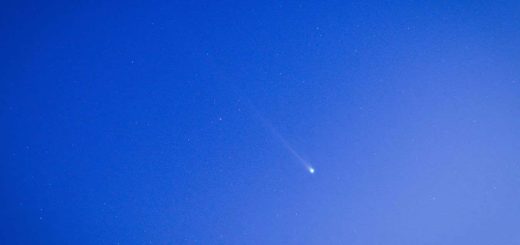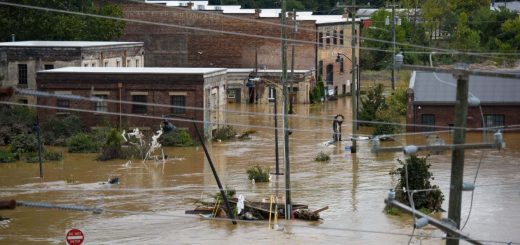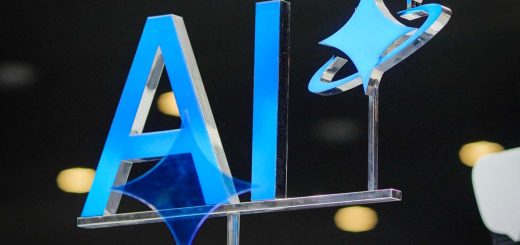Ultracold atoms in space will let us stress test Einstein’s relativity
Potassium and rubidium atoms aboard the International Space Station have been cooled almost to absolute zero to put a fundamental principle of Einstein’s general theory of relativity to the ultimate test
By Karmela Padavic-Callaghan
15 November 2023
The International Space Station, home to cutting-edge physics experiments
NASA
Physicists are close to performing the most accurate tests of Einstein’s ideas about gravity ever undertaken. Their first-of-its-kind experiment involves using two kinds of extremely cold atoms aboard the International Space Station (ISS).
A key principle of Einstein’s theory, and one that researchers have been testing for decades, is the equivalence principle. This states that all objects fall with the same acceleration when gravity is the only force acting on them.
One of the most sensitive tests of the principle so far relied on putting very cold rubidium atoms into freefall at a special facility in California; another test involved exploring the effects of gravity on materials of precisely measured mass that were launched into space on a satellite.
Advertisement
Read more
Most accurate molecular clock yet uses extremely cold strontium
Naceur Gaaloul at Leibniz University Hannover in Germany and his colleagues have now built an experiment that combines elements of both of these earlier tests by using ultracold atoms in space.
They used the Cold Atoms Laboratory (CAL) on the ISS, which was launched in 2018 and built to examine quantum effects noticeable in atoms only when they are extremely cold and when gravity is extremely low. Within the CAL, atoms are confined to a chip and made very cold by being pushed, pulled and hit by magnetic forces and lasers.


